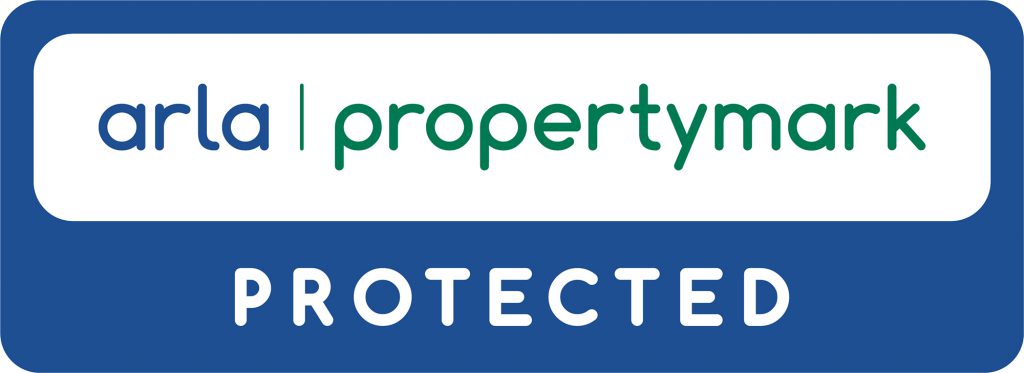I recently attended a seminar for landlords which brought to my attention that many landlords were not doing the necessary procedures when letting out a property themselves. Therefore I would like to share some advice for landlords who want to let and manage their property. Firstly please let me mention, this is not as straightforward as some people may lead you to believe and if I had to give you one piece of advice I would suggest you leave this to the professionals, it will save you money in the long run…. However if you are confident enough to do this yourself, let’s get the basics right.
- Find the right tenants – This is possibly one of the most important aspects of making any money at all from property. After all, these will be the people living in your property and, hopefully, paying you rent. I would thoroughly advise that you carry out full reference checks on your applicant(s). Find out if they have any CCJs, any adverse credit, find out if they are on the electoral roll, ask their previous landlord if they paid on time and treated the property well. This stage should be carried out thoroughly, it may seem intrusive but if your applicant has a County Court Judgment for trashing the previous property he/she was in, it’s probably best to find that out before you decide to move them into your property. Don’t fall into the trap of renting your property out to someone who does not have the right to rent here in the UK, you can be fined up to £3,000 for that pitfall.
- Protect the Deposit – Please, please, please don’t forget this one. If you decide to take a deposit from your tenant, which would be advised, you MUST protect it in a deposit scheme. There are various schemes that make it possible for you to protect it but since 2007 this has become mandatory and must be done within 30 days. The court can order the landlord to pay up to 3 times the amount of the deposit if this isn’t done. It’s simple landlords, protect it!
- Use the right tenancy agreement – You may have heard of the case Street v Mountford, you may think you have written an agreement that states you can do as you please, but common law will state otherwise. Make sure you have a tenancy agreement that is adequate for yours and your tenants needs and that it is legally binding.
- Inventory – Prepare a thorough inventory. Try explaining to an arbitrator that there wasn’t a hole in the wall when the tenant moved in, without any evidence, it would be impossible. The more detailed the better and make sure the tenant signs it.
- Handover – Remember there are a few mandatory forms to provide your tenant with. How to rent checklist, although this may seem menial, its far from it, without providing a tenant with this booklet, you are unable to serve a section 21. Gas Safety Check, you must remember to provide your tenant with a gas safety record, or get ready for a criminal conviction and a £20,000 fine… ouch. Energy Performance Certificate (EPC), again this is one not to forget, remember to check the date, these are valid for 10 years.
Landlords hopefully these 5 steps will help you achieve a long and smooth tenancy.
* Picture thanks to modern house











